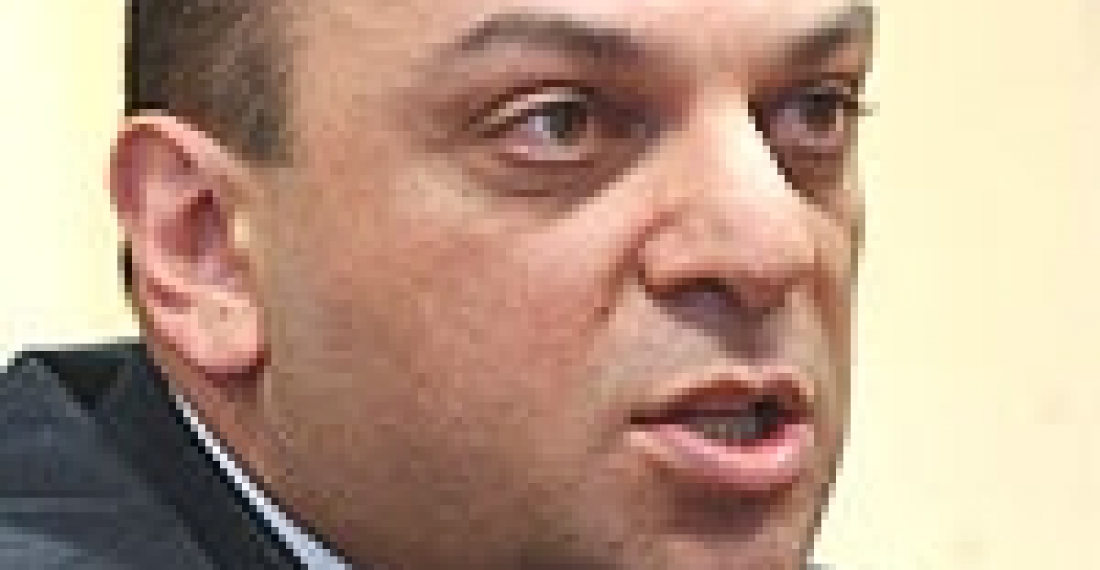Armenia should not sit on the sidelines and vaunt over the worsening of Russian-Turkish relations or mistakably suppose that the aggravation of these relations will be in Yerevan's favor, ex-foreign minister of the Nagorno-Karabakh Republic (NKR) Arman Melikyan said at a press conference.
He thinks that in case of aggravation of the relations, Turkey may instigate Azerbaijan to start a new shady undertaking against Armenia and Nagorno-Karabakh in order to give new problems to Moscow. "Despite the close trade and economic ties between Russia and Turkey, despite the talks about strategic partnership, these relations have no future as a matter of fact. Moscow and Ankara are old rivals and the discrepancies between them are deep and serious", he said.
He added that no changes in the Moscow-Ankara relations will bring any good to Yerevan, as both improvement and worsening of the relations contain serious risks. Consequently, it is necessary to conduct a balanced and competent foreign policy to be able to mobilize all the existing resources and to resist the foreign challenges.
To recall, the Russian-Turkish relations became tense after the October 10 incident. When a plane making a Moscow-Damascus flight was in the Turkish air space, two F-16 fighters started following it. The plane was forced to land in Ankara, as it was suspected of transporting weapons illegally. The Turkish special services found 12 sealed boxes. Later on, Turkish Prime Minister Recep Tayyip Erdogan said that the boxes contained military equipment for Syria. Russia refuted this information. Russian Foreign Minister Sergey Lavrov said on Friday that the plane was legally transporting electrical facilities for a radar station.
Ex-foreign minister of Karabakh: Turkey may initiate military actions in Karabakh conflict zone, trying to trouble Russia
Ex-foreign minister of Karabakh: Turkey may initiate military actions in Karabakh conflict zone, trying to trouble Russia







